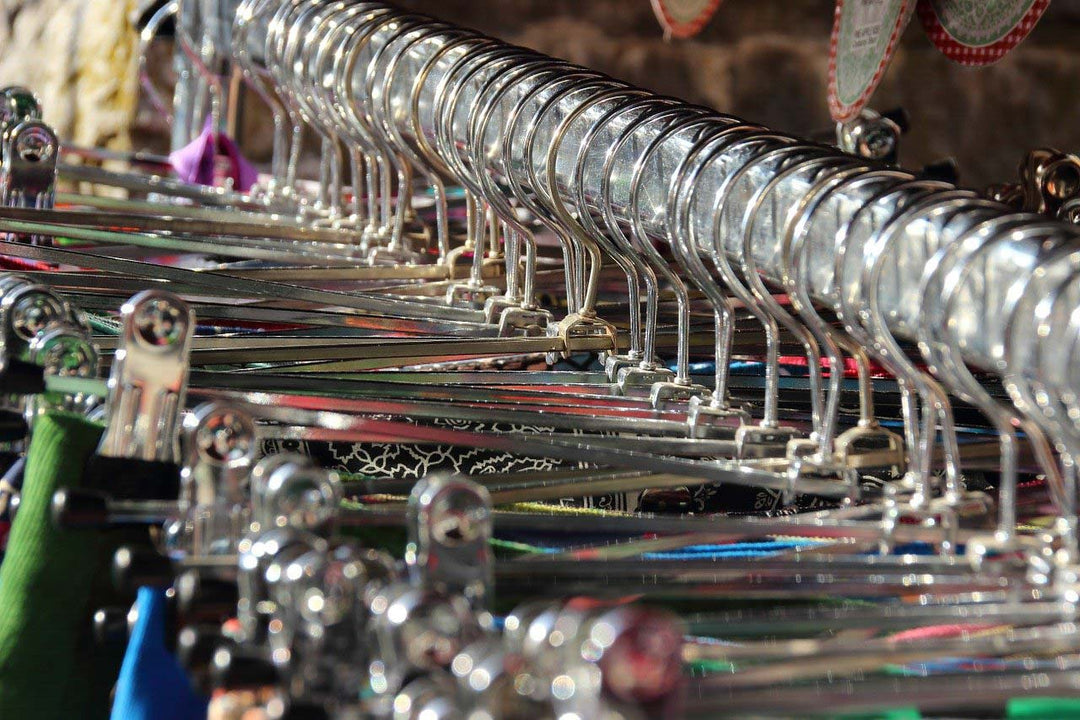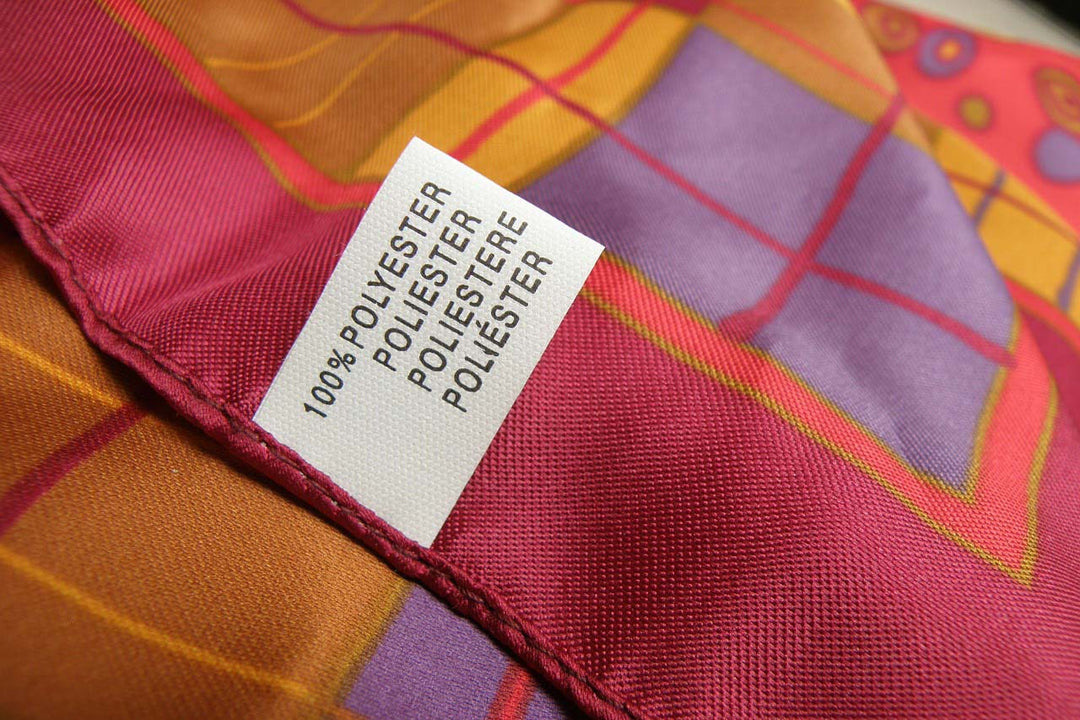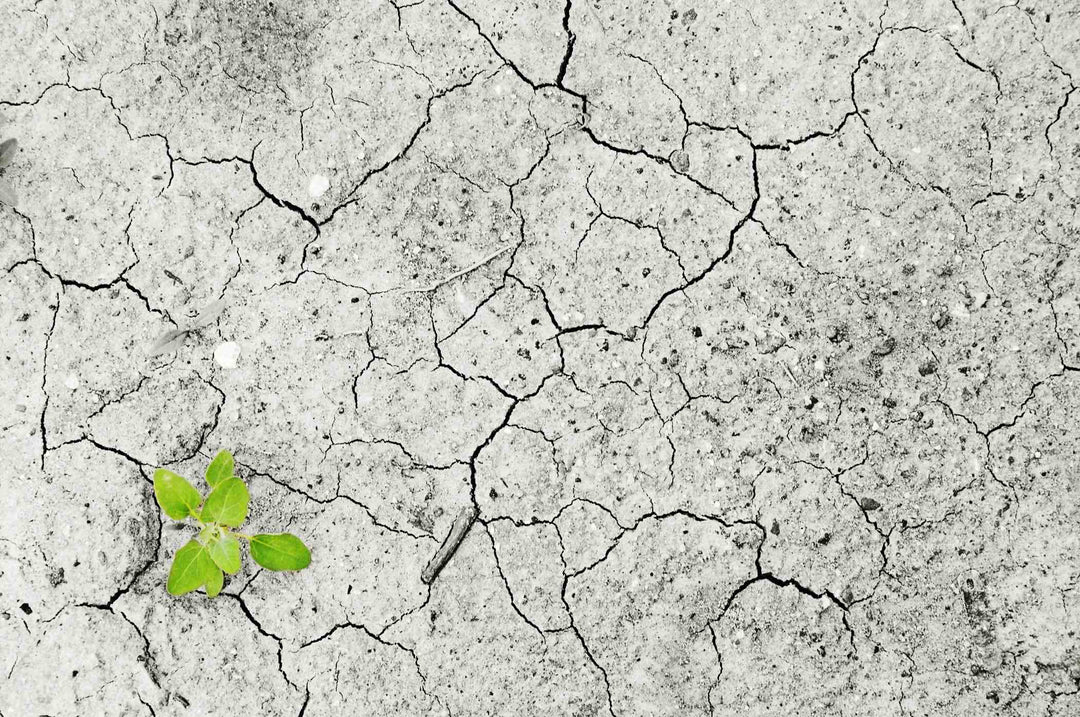Journal

Most of us already know that we don’t wear every piece of clothing in our closets. In recent years, our wardrobes have expanded tremendously as garments became more affordable–thanks to fast fashion, but what impact does that have?
Recent research has found that half of an average person’s closet hasn’t been worn for a year or more. In the meantime, most of us remain unaware of this, thinking that we wear a much larger share of our collection than we do.

The raw materials of our clothes are one of the most significant contributors to the fashion industry’s overall environmental impact. Especially synthetic fibres, as the difference between the carbon footprint of natural fibres like cotton or linen and synthetic fibres such as polyester or nylon, is massive.
Did you know that producing polyester releases two to three times more carbon emission than cotton?

The Fashion industry's landscape and sustainable development don't go hand in hand. We’ve all heard stories about fast-fashion’s massive carbon footprint on our ecosystem and its exploitative and unethical impact on the health and social well-being of the very people who make what we wear.
But, did you know that the fashion industry is also the second-largest consumer of the world's water supply?

The current fast fashion industry trend takes many a toll on the environment, climate change, and the people working within production and consumption. The process of dyeing is one of the most alarming issues for sustainable development. Not only does this consume large quantities of water, but did you know that the textile dyeing process is also the world's second-largest polluter of water?



